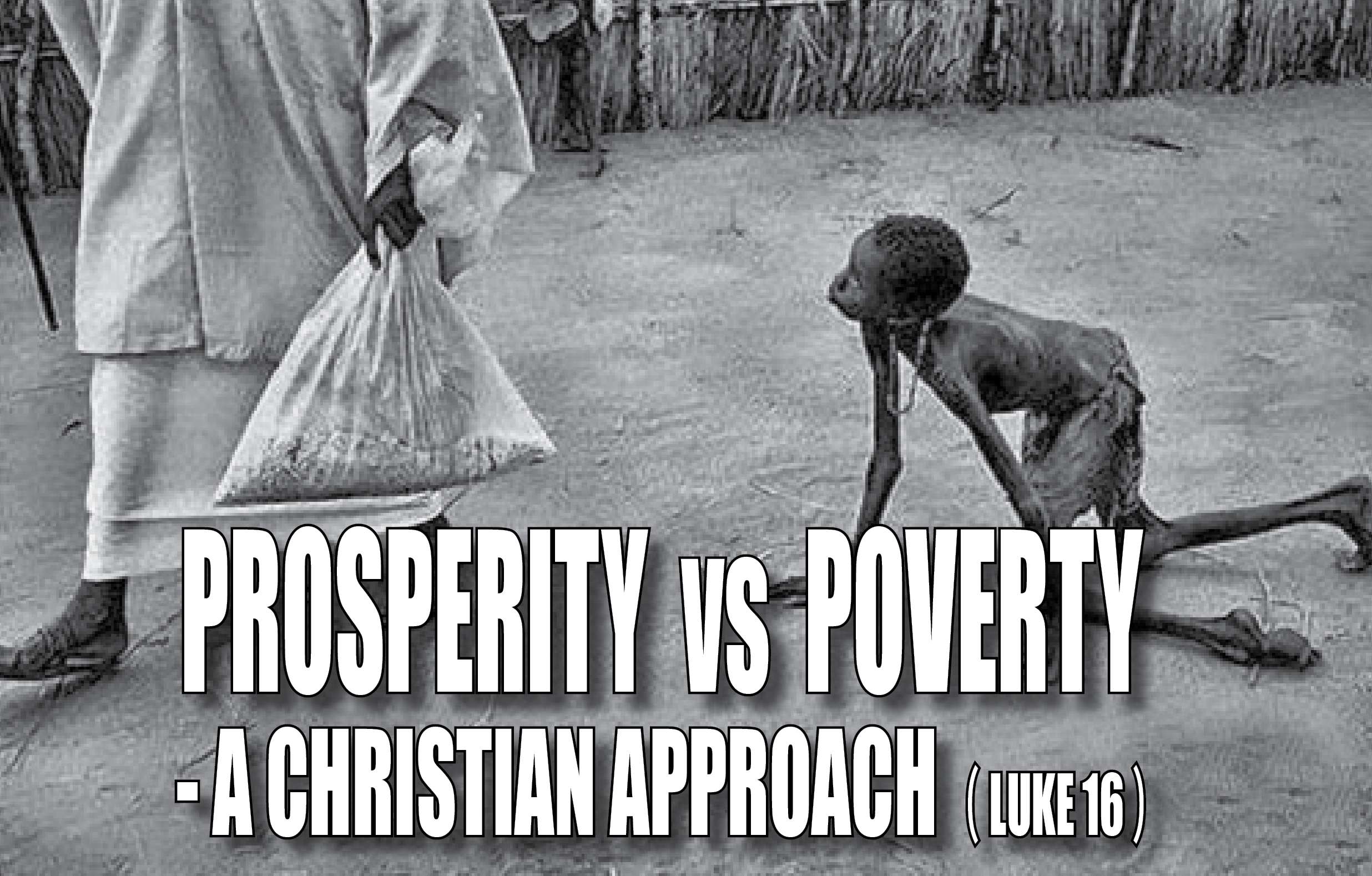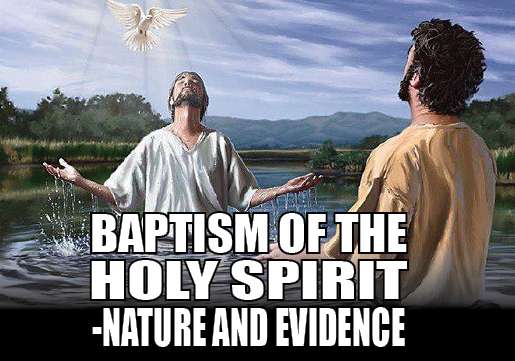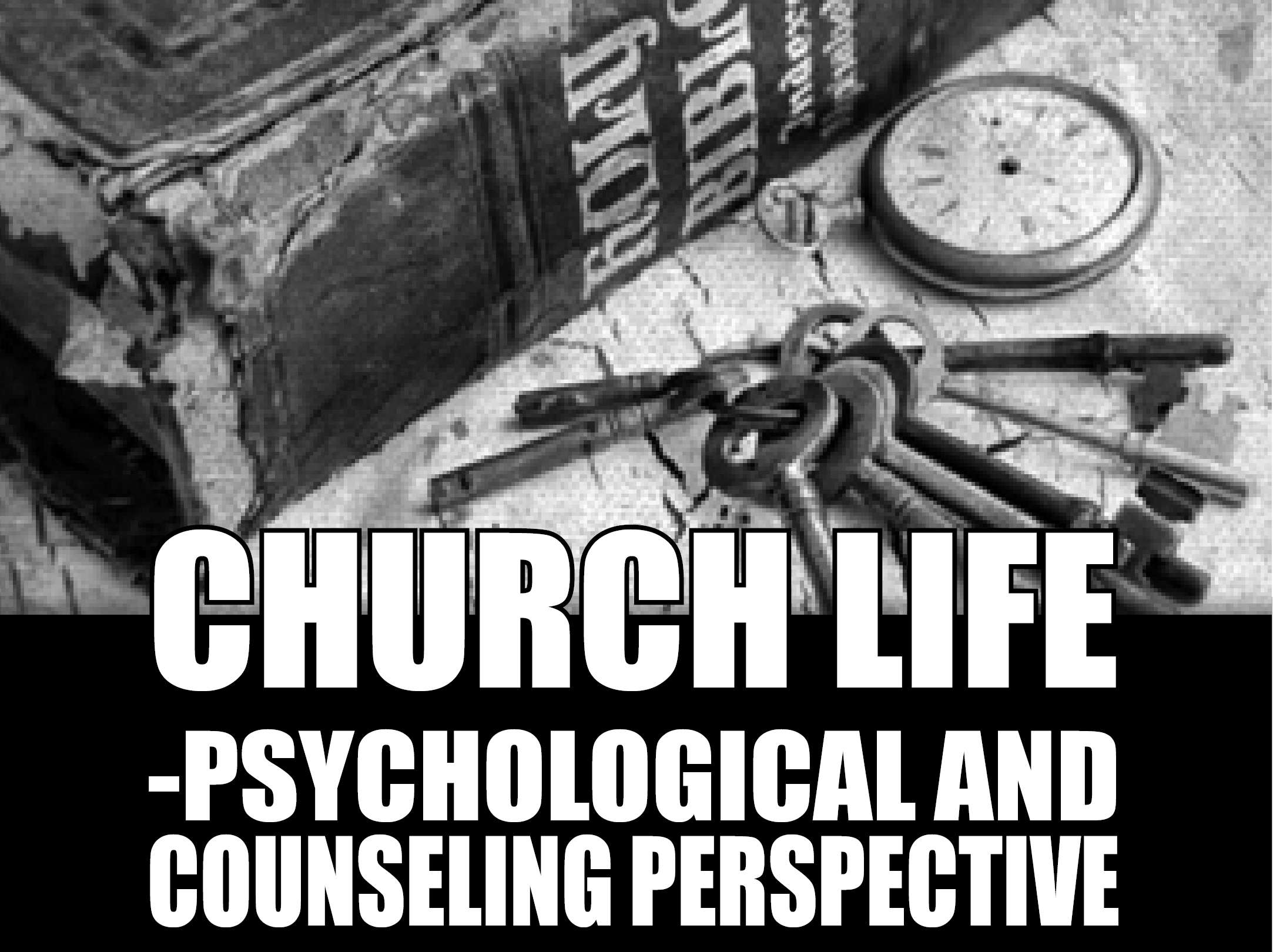
Prosperity vs Poverty-A Christian Approach (Luke 16)
Dr. Saji Kumar K. P.
“If we command our wealth, we shall be rich and free. If our wealth commands us, we are poor indeed.” - Edmund Burke
A great part of the teachings of Jesus contained teachings on wealth and prosperity and the futility of money and riches. We understand that Jesus ministered at a time in the history of Jews where they were terribly suffering under the yoke of Roman government. Poverty and unemployment were at a rampage in that society. That is the reason we find people waiting for someone to call them to work even at the eleventh hour in the market place (Mathew 20: 6-7). While ministering to a community stricken by poverty and starvation, Jesus did not want to give them promises of prosperity and wealth but designed His teachings towards the Kingdom of God which is of great value than the riches of the world. The life of Lazarus was full of agony and poverty but the eternal bliss and comfort awaited him than the rich man. The shrewd manager made people friend through generosity and wise usage of wealth.
The discussion of money influence and prosperity is part of life today because of the severe disparity in our society and also the partiality and favoritism people show towards others on the basis of money and influences. As long as the society continues to be divided in terms of rich and poor, poverty and prosperity, the concern on this subject will be at the forefront. It is much more when we talk about the Christian community which is a called out society for the existence of love and peace goes after the world for prosperity and wealth. What we need today is a balance of understanding and this chapter 16 of the Gospel of Luke helps us in that concern.
CERTAIN MYTHS TO BE CLEARED
1. MYTH 1: RICHNESS IS OPPOSITE TO KINGDOM PRINCIPLES OF GOD
There are people who misunderstand the parable of rich man and Lazarus in terms of the curse of money and they say richness is not at all permissible for a Christian. There is no truth in it because of two reasons. First reason is that there are many faithful people of God who love the Lord and honor the Lord with all their heart despite being immensely rich. Abraham was immensely rich and very close to God at the same time (Genesis 13:2 -3). Second reason is that it was not just because the rich man was rich that he went to hell. Richness was not given as the sole reason for his destiny. The reason for the destiny of hell was that he never listened to the laws of Moses and the instructions of the prophets (Luke 16: 27 -31)
2. MYTH 2: POVERTY IS UNACCEPTABLE FOR THE RIGHTEOUS
There are many so called “prosperity preachers” today who preach that poverty will never come upon the true children of God. Look at the way the life of a righteous and faithful man of God Lazarus is depicted in Luke chapter 16. He went to the bosom of Abraham after his death because there was nothing blemish in him all through his life. He knew the Lord and kept his faith upright. But on the other hand he was poor, sick and thereby sidelined, mocked upon and deprived of an elite social life. Prestige and power was never his portion because he was terribly battling with his lot in life. So the conclusion is there is all the possibility of severe affliction of sickness and poverty even to those who are fully faithful to the Lord. After all, Jesus said you will have troubles in this life, people will misunderstand you and judge you, you will be taken to court rooms and you might have to leave your family ties and relatives for my sake. (John 16: 33; Luke 12: 11-12; Mathew 5: 11-12; Mathew 19: 29)
3. MYTH 3: PROSPERITY IS THE GOAL OF LIFE
Many people understand their life in terms of amassing wealth. They live for money and they crave for more wealth. Their life revolves around only one objective called money. They are never satisfied and ultimately they lose their relationship to people. They can never give to others because they have trained themselves to receive. The myth by which the shrewd manager in Luke chapter 16 was entrapped was the same concept. He never thought to make friends out of people. He saw relationship only in terms of money and what he had to gain out of others. This caused him to naturally lose patience love and care. This is the entrapment of devil. The moment you are brainwashed by the lord of this universe you tend to believe life that the motto of life is only earning wealth. Watch yourself! You slowly begin to lose people from your life. You don’t bother the suffering of others you never value relationship because money rules you. It is a great myth that has poisoned many people of God today. The myth that the goal of life if prosperity. The moment lot was misguided by this myth; he had no guilt feelings to fetch a fight with his guardian Abraham. He became blind towards God and His words the very moment he was enchanted by the prosperity.
THE REALITY OF POVERTY AND WEALTH IN CHRISTIAN PERSPECTIVE
1. LIFE HAS MORE VALUE THAN WEALTH
Luke chapter 16 teaches us about a great realization that happened to the shrewd manager. The moment his master realized that the manager is sightless by wealth and is not showing any kindness to people, he decided to give him a greatest learning in life. He said, "I am going to fire you from your prestigious job!" That was more than enough. You suddenly realize the other side of life when all of a sudden your power and resources are taken out. Being in a situation where you are deprived of power and position gives you a great lesson. Life brings in sudden shifts and that you can lose your prosperity any moment. Infact, people even lose their life in a moment. This realization is the realization of the transitory status of life. This is in fact an eye opener. It really worked for the shrewd manger and all in a sudden he became a good man. He began to love people than money. He began to be real human and that has impressed the master. This is same even today. Our master will be pleased in us in that moment we realize the vanity of life. Then we begin to exhibit Christ likeness than greed. It was the after-life experience that gave rich man in Luke chapter 16 a different attitude to God as well as to the word of God. He lavished with wealth in the earthly life and probably might have never thought of a life or existence beyond this world. Wealth becomes life itself when people are not bothered about a life to come. The perspectives get more God centered for rich man while he was in hell. But it was too late.
2. THERE IS A SOCIOLOGICAL IMPLICATION OF WEALTH
People are poor not necessarily because they are condemned by God. In fact God is for the poor. Master is more concerned about the poor than about his manager (Luke 16:8). God was more pleased in the poor Lazarus than the rich man. The wealth was to be used wisely and ultimately to earn friendship with people around. (Luke 16: 8-9). The book of psalms is full of verses that say God bothers the poor people. Psalms 9: 18 say that the needy will not always be forgotten and the hope of the afflicted will not be perished forever. The recovery of certain people from the marginalization and the upliftment of a society from infringing poverty will take time. But there must be agents of social transformation who could act on behalf of God. The care and comfort to the needy and poor is always the responsibility of Christian community (James 2:14-17).
3. THE SPIRITUAL STANDING BEFORE GOD
The individual’s wealth and social standing, or the lack thereof, is not necessarily an indication of that person’s spiritual standing before God. Many of the Jews believed that the fact that they had accumulated wealth that afforded them social status and prominent positions in the religious community proved that they were under the blessing of God. They also thought, according to their logic, that those who were poor were under the curse of God. They no doubt appealed to the promises made to Israel in the Law of Moses concerning the blessings of prosperity for obedience to God’s Law and the curses of poverty because of disobedience, failing to recognize the national rather than the personal nature of those promises (see Deut. 28:1-45ff.; etc.). They were also ignoring the many warnings found in “Moses and the Prophets” that were directed towards the leaders of Israel who selfishly misused their power and wealth (see Isa. 56:10-12; Ezek. 34:1-4ff.; Micah 3:1-4; etc.).To challenge their seriously flawed thinking, the Lord Jesus told the parable of the unjust (or dishonest) steward (Luke 16:1-13). The point of this parable was that the dishonest steward, was wiser than the “children of light,” a reference to the sons of Israel, who were to be a channel through which God’s light would reach the Gentiles, i.e., the nations of the world (Isa. 42:5-7; 49:5-6; 60:1-3; 62:1-3).
4. GOD VALUES YOUR HEART THAN YOUR WEALTH
The rich man’s failure to help Lazarus, a fellow Israelite, revealed that he had a wicked heart, a non-repentant heart. By refusing to provide for the poor beggar sitting at his gate, the rich man was rebelling against God who, through Moses, had given Israel specific instructions on how those with resources were to treat their poor fellow countrymen (see Deut. 15:7-11). They were to open their hands wide in providing for the poor and needy in their land. This man showed that he did not love the Lord God of Israel with all of his heart, soul, and might as commanded by the Law (Deut. 6:4-5; cf. Mark 12:28-30). The evidence of this was that he did not love his neighbor, who in this case was Lazarus (Lev. 19:18; cf. Matt. 22:34-40). Although he thought he could force his way into God’s Kingdom, his heart attitude, which was demonstrated by his actions, proved him to be unworthy to enter.
Jesus spent much of His time with the poor and needy. Although Scripture speaks of the poor in three senses--the economically poor (those with little money), the politically poor (those suffering powerlessly as victims of social injustice) and the spiritually poor (those who are humble, meek and spiritually hungry), it remains so that Jesus spent much of his time withthe poor peasants of Galilee, the literal poor, and had a great affinity for all those at the bottom of the heap. He was very critique about the arrogance of heart money brings in to people although he allowed rich people and wealthy individuals to be with him. The focus is something beyond the richness and poverty and that is the immediacy of the kingdom of heaven. The very core principle of the teachings of Jesus that helps people to overcome the influences of vanity of riches as well as the pain of poverty is the vision beyond the realities of this world. Christians are called to look upon wealth from this great perspective of eternity. This is the very message of Christianity.






